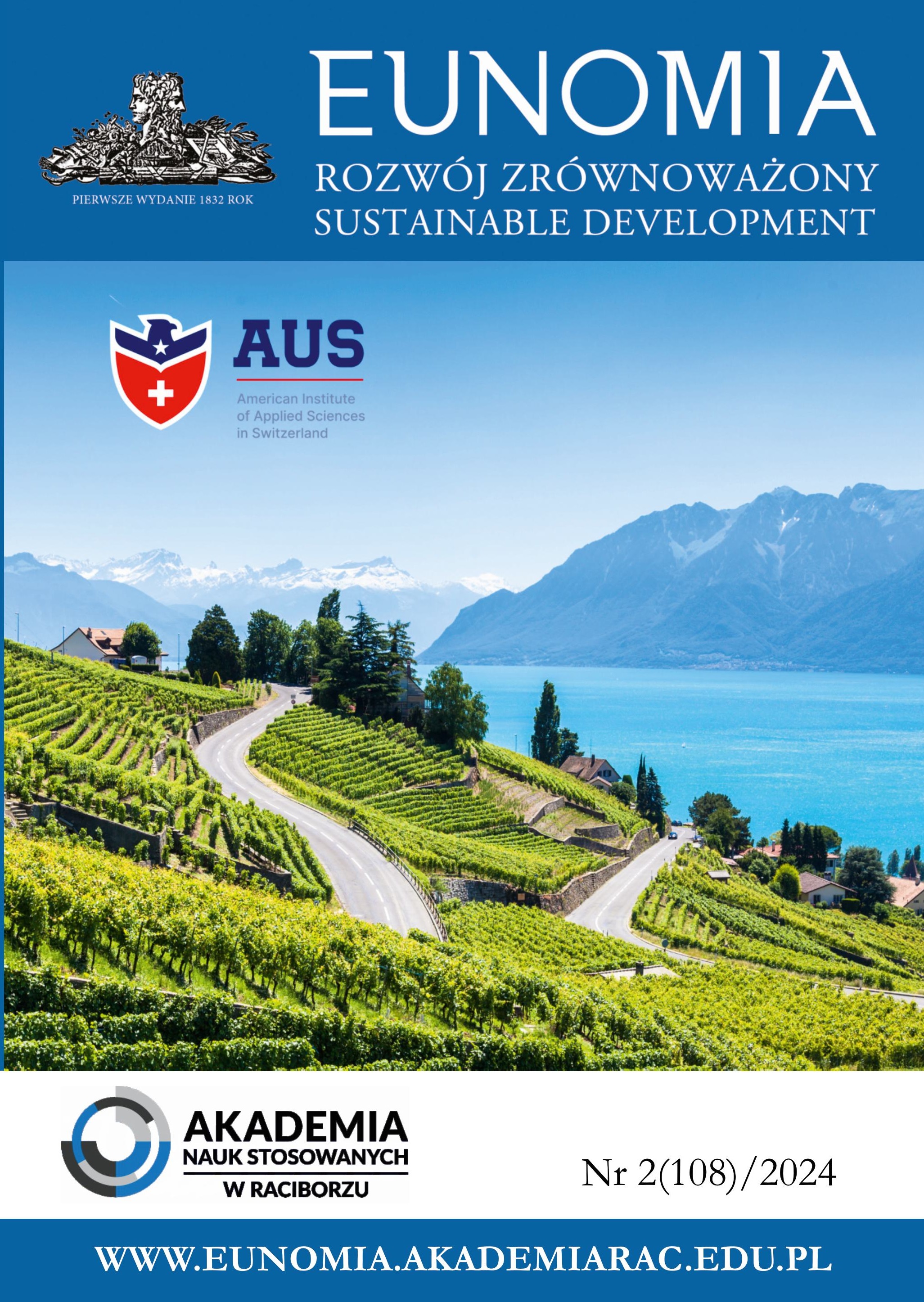SUMMER GLACIER SKIING AMID CLIMATE CHANGE: WHAT DOES PRODUCTION TRANSFORMATION MEAN FOR SUSTAINABILITY?
Keywords:
climate change, qualitative research, summer glacier skiing, sustainability, tourism adaptationAbstract
This paper examines the impact of climate change on the sustainability of summer glacier skiing (SGS) in Saas-Fee, Switzerland. Summer glacier skiing (SGS) is a niche tourism activity that is particularly vulnerable to climate change. This is evidenced by the notable reductions in snowpack and glacier retreat, which are affecting the viability of SGS. By applying the valuation system framework, the study examines the relationship between the production and consumption systems of SGS and how climate-induced transformations influence sustainability. Methodologically, the research employs a qualitative approach, integrating fieldwork, direct observations, and semistructured interviews with key stakeholders, including tourism operators, local authorities, and ski athletes. The findings demonstrate that climate change intensifies the scarcity of resources, necessitating augmented investments in infrastructure and modifying consumer behaviour, which in turn affects the economic and environmental sustainability of the activity. Notwithstanding these challenges, the existence of institutional cooperation within Saas-Fee offers the region the opportunity to transition towards more sustainable practices. The paper emphasises the necessity for a comprehensive approach to comprehend and oversee the sustainability of SGS in the context of ongoing climate change.
Published
Issue
Section
License
Copyright (c) 2024 University of Applied Sciences in Raciborz

This work is licensed under a Creative Commons Attribution-NonCommercial-NoDerivatives 4.0 International License.


